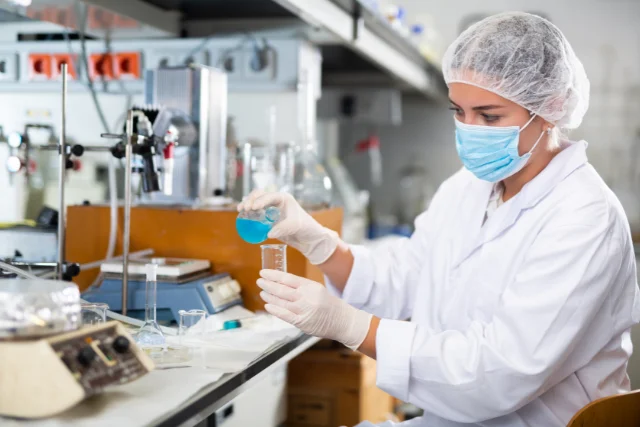Absorption, a fundamental process across various fields from chemistry and biology to everyday life, essentially refers to one substance taking up or assimilating another.
In chemistry, involves one substance trapping molecules or atoms of another within its structure, proving vital in various applications such as gas in liquids or the adsorption of contaminants onto solid surfaces.
In biology, occurs when living organisms take in or assimilate nutrients, gases, or other substances. For example, in the human body, the digestive system absorbs nutrients from food into the bloodstream to nourish cells and tissues.
In everyday life, absorption describes one material soaking up or taking in another. For instance, a sponge absorbs water, while a paper towel absorbs spills.
Understanding significance spans numerous contexts, influencing chemical reactions, nutrient uptake in plants and animals, and material behavior in various environments. Scientists and researchers study to develop technologies and strategies for optimizing processes, improving efficiency, and addressing challenges in fields ranging from healthcare and agriculture to environmental science and materials engineering.






